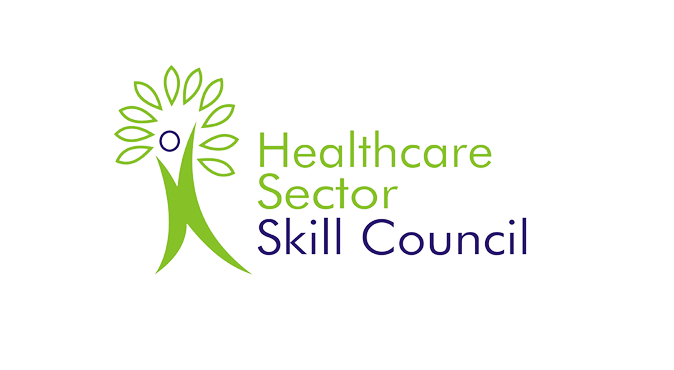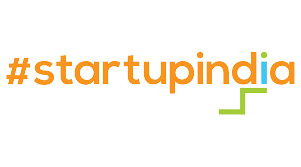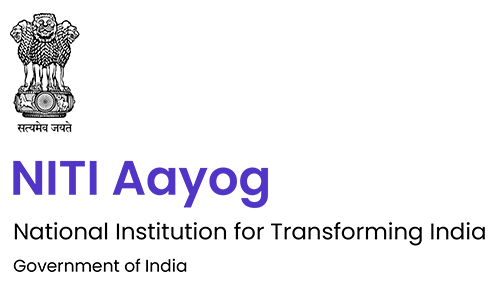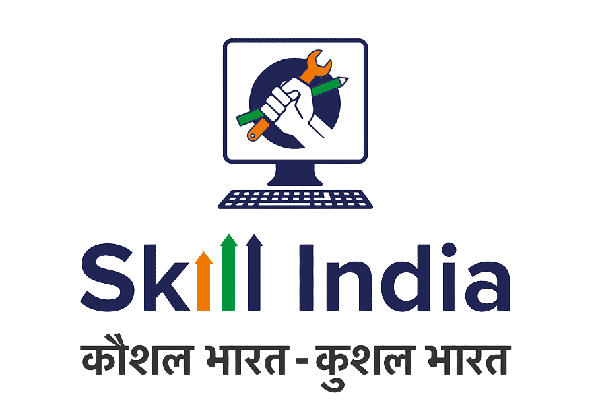Open a door to a medical career opportunity
CMS & ED Diploma Course - Fees , Syllabus , Admission 2024
CMS & ED diploma is known as diploma in community Medical Service & essential drugs (CMS & ED). It is a diploma for primary Health Care by general allopathic medicines which are recommended by world health organization (WHO) for primary health care. The Hon’ble Supreme Court of India has given an order that CMS Diploma holder can give treatment in all diseases including infaction diseases.
The Hon. Supreme court has given an order that CMS diploma holder can given the treatment in all disease including Infection disease .Paramedical Provides their services in different Medical field as Co-operator or as on assistant to the society under qualified doctor.
After completing the course of CMS diploma course anybody can start his/her medical practice in rural area and can use Allopathic Medicines recommended by World Health Organization (WHO) for Primary Health Care, as per the judgment of the Hon’ble Supreme Court of India dated on 19th Feb. 2003.
The question here What is CMS& ED , After pursuing the CMS ED course, one can become a Primary Healthcare provider in rural and urban areas. Rural Medical Officer, General Physician, Emergency Health Physician in Rural Areas, Community Health Worker.
What is CMS & ED ? - Full Form Of CMS & ED
CMS & ED or Community Medical Services and Essential Drugs is a diploma program initiated and recommended by the Hon’ble Supreme Court of India. The course helps people and students to become good medical professionals to offer quality and affordable medical treatment in rural areas.
In India, there is a huge deficiency of qualified and experienced medical professionals because as per the report of the World Health Organization, the doctor-patient ratio in India is 1:10189. Most medical experts, doctors and healthcare workers provide their services in urban areas . Thus, remote areas like rural or semi-urban areas need more medical and healthcare workers to get treatment on time.


There are many advantages to pursuing this diploma program. Some of them are:
- Students can easily get a medical education and an understanding of various types of drugs and primary medicines for healthcare providers.
- They can enter the medical field without pursuing MBBS or higher degrees.
- Candidates don’t need to appear for any entrance test as we do in MBBS or any high-profile medical admission. So, we can say that there is no hassle of taking the entrance test for this admission.
CMS & ED Courses - Eligibility , Curriculum , Scope , and much more
CMS & ED is an 18 months diploma program with three semesters. In other words, one can say it’s a 1 and half year duration program. This course is implemented by the supreme court to cater for the present-day needs of rural areas and the demands of students for the same. This course is mainly for those who want to serve rural communities and remote areas with the best possible medical aid and primary healthcare services.
After completing this course, a candidate becomes a good healthcare provider for rural communities. They can easily open their own healthcare centers, provide medical assistance and prescribe necessary medicines through the supervision of experienced doctors in their team.
The course helps the students to get quality education in managing and providing medical healthcare services to the rural population. With this program, candidates learn various things like:
- Medicines and types of drugs
- Primary healthcare management
- Basic and first aid treatment
- Knowledge of infections
- Causes and their possible treatment
Highlights Of CMS & ED Diploma Course
- Name of the program: Community Medical Services and Essential Drugs
- Level of the programme: Diploma
- Duration: 18 months
- Semesters: 3
- Mode of learning: Online
- Eligibility for the course: 10+2 from a recognized university with 2 years (10th passed) and 1 year (12th passed) of experience needed.
- Fee for the program: 50 to 60 K
- Accreditation and approvals: UGC, INC, MCI, PCI Govt of Uttar Pradesh and other recognition from several accreditation bodies


Creteria of Eligibility for CMS & ED Course
Desiring candidates who want to serve the rural population with medical services should know these criteria of eligibility for becoming a good CMS & ED diploma holder. Read all the points carefully:
- Class 10th passed students are eligible for this course.
- Relevant work experience is needed
- For class 12th with 10+2 mode: 1 year
- Any specific stream is not needed for taking admission to the course
Duration of the Course
- The complete duration of this CMS & ED diploma course is 18 months or 1.5 years.
- There are a total of 3 semesters in this course.
- Every six months, you need to cover a particular semester based on the topics and subjects included in your program.
- In the first 2 semesters, students are required to get skills and understandings related to basic and primary skills for the program.
- In the final semester, students need to read various topics with practical exposure. They also need to undergo an internship of at least 6 months of duration.
Mode of Learning
Live Classes. Learning in blended format. Practical sessions for practical-oriented courses. Like for CMS & ED courses, online sessions are conducted for completing the theoretical part but offline sessions are conducted for completing the practical sessions .
Fee Structure for CMS & ED Course
The complete academic fee for this course is 60,000 INR. The registration charges are 1000 INR.
Other details regarding fee are provided below:
- Semester 1 tuition fee and IT support charge: 20,000 (15 +5 K)
- Semester 2 and IT Support fee: 20,000 INR (15 +5 K)
- Semester 3 tuition fee: 15000 INR
- Examination fee: 4000 INR (2000 X 2)
CMS & ED Course Syllabus and Curriculum
Semester 1: Detailed Syllabus | |
| Anatomy and Physiology | Pharmacology |
|
Pharmacy: Source of Drug
Various Types of Drugs- Classification
Injection – definition, the purpose of injection and common dangers of injection
|
| Pathology | Community Health and Hygiene |
|
|
Semester 2: Detailed Syllabus | |
| Practice of Medicine | Obstetrics and Gynaecology |
|
Obstetrics:
Sterility: Investigations of sterility, what is sterility and its failure
|
| Medical Jurisprudence | Primary Health |
|
|
CMS & ED Course Scope
The Community Medical Service & Essential Drugs course focuses on training healthcare professionals to deliver primary healthcare services and manage essential drugs effectively. It covers topics such as public health principles, epidemiology, disease prevention, and health promotion strategies. Participants learn about community-based healthcare delivery models, including outreach programs and health education initiatives.
Practical skills in patient assessment, diagnosis, and treatment planning are developed through hands-on training and case studies. Graduates of this course are equipped to work in diverse healthcare settings, including rural clinics, community health centers, and non-governmental organizations. The program also addresses health equity issues, cultural competency, and interdisciplinary collaboration to improve healthcare access and outcomes.
Graduates are prepared to work in diverse healthcare settings, particularly in rural and underserved areas, promoting health equity and access to essential medications. The scope includes skills development in patient assessment, diagnosis, treatment planning, and monitoring. Continuous professional development ensures adherence to evolving healthcare standards and best practices.
Approvals required for CMS &ED












Note : In the 3rd semester, students are required to complete their respective internships to become good medical service providers. These skills are provided through practical exposure in an offline mode of learning. Candidates check the complete course structure where they want to take admission.
FAQ (Frequently Ask Questions)
As of my last update in January 2022, there isn’t a specific “CMS & ED” course widely recognized or regulated by the University Grants Commission (UGC) in India or other similar bodies in other countries. However, there may be variations or specific programs offered by universities or institutions that focus on community medical services and essential drugs, which could be approved by relevant accreditation bodies.
The complete duration of this CMS & ED diploma course is 18 months or 1.5 years.
No , you cannot open your own clinic post-completion of this course. As for opening a clinic , you should be a certified doctor. Surely you can open your own primary healthcare centers but not clinic .

